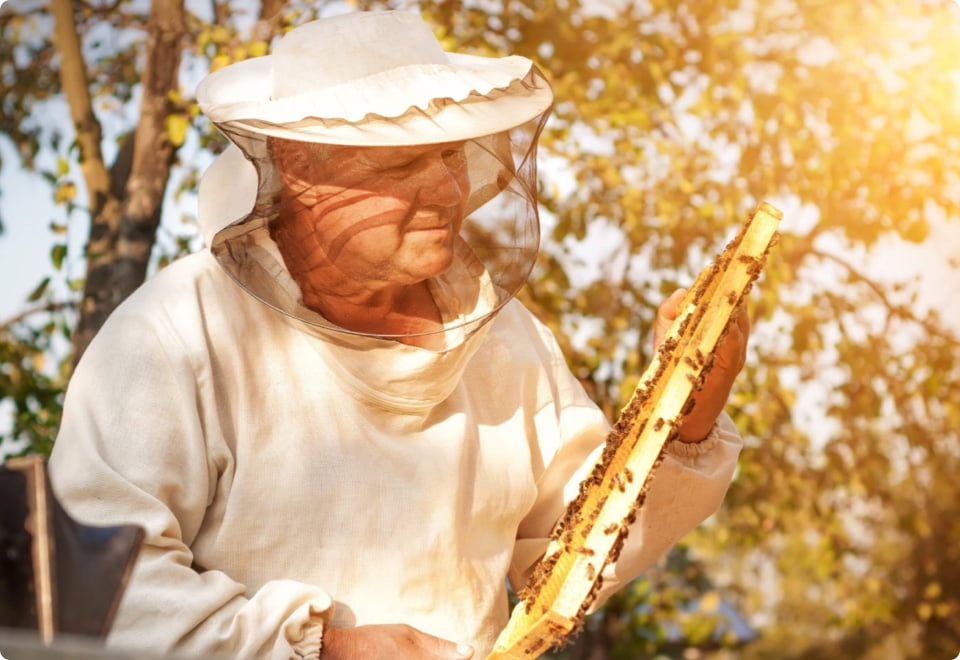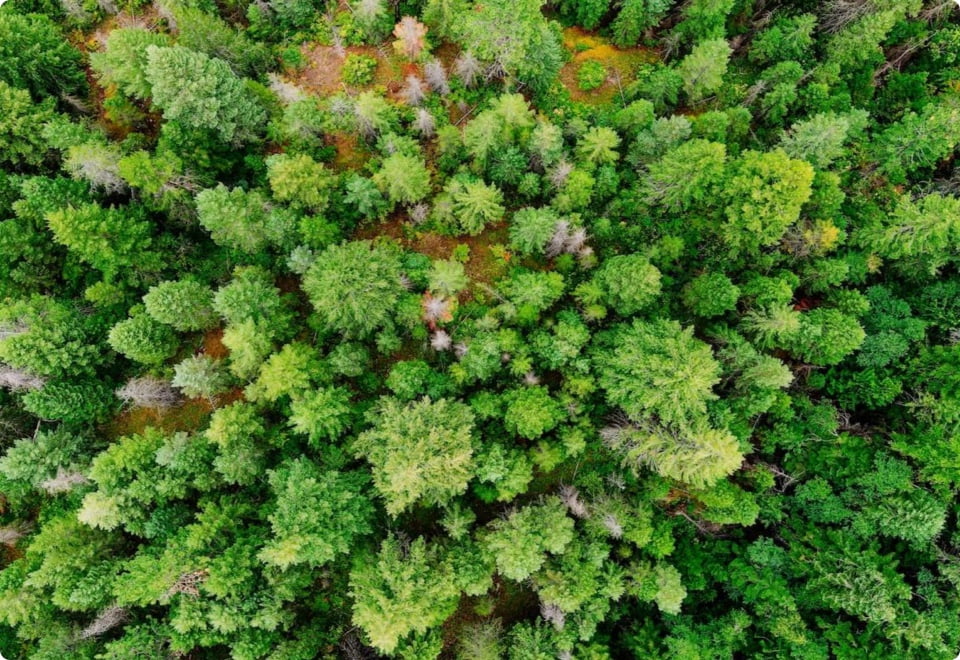We begin our journey of respect towards biodiversity
Biodiversity can be defined as the richness of life on earth: the millions of plants, animals and microorganisms, the genes they contain, the complex ecosystems they constitute in the biosphere. Biodiversity strengthens the productivity of any ecosystem.
More than a third of human food would be lost if there were no pollinators
25% of species not seen since the 1990s

The project
The protection of the environment and biodiversity is an issue of great importance today, for this reason we have chosen to actively engage in the protection of pollinating insects, responsible for about 75% of the world’s crops. Over a third of human foods – from fruits to seeds to vegetables – would be lost if there were no pollinators (bees, wasps, butterflies, flies, but also birds and bats), which, visiting the flowers, carry the pollen of the male anthers on the stigma of the female organ, giving rise to fertilization.
The choice of 3Bee as a scientific partner for the protection of biodiversity is an integral part of our vision and our commitment to operate in a sustainable and environmentally friendly way. The project with 3Bee will generate a positive impact on biodiversity thanks to technology and will allow us to contribute to the largest study project on bees, pollinating insects and biodiversity.
Our hive
Our Biodiversity Oasis consists of a biomonitoring hive equipped with 3Bee Hive-Tech technology, which allows you to monitor environmental parameters useful for analyzing the surrounding biodiversity and the health of pollinators. We help observe the health status of more than 300,000 bees and we pursue the goal of restoring parture to pollinating insects while contributing to the protection of biodiversity.
Bees
Bees protected by EURO 2000 SPA
300000000 of flowers
The flowers pollinated by monitored bees
1 hive
The Adoptions of 3Bee technological hives
1 beekeeper
Beekeepers supported by 3Bee technology
Italy and the richness in biodiversity
Italy is among the European countries richest in biodiversity. The variety of bio-geographical, geo-morphological and climatic conditions that characterizes its territory makes it an extraordinary area of concentration of both species and habitats.
Italy is the European country that has the highest number of species, hosting about half of the plant species and about a third of all animal species currently present in Europe. Italy is also particularly rich in forests that cover about a third of the national territory.
Threats to the Earth's biodiversity
The main cause of the alteration of the biological diversity of the Earth is the indiscriminate intervention of man, which has profoundly altered the environment in which we live, destroying habitats: forests, wetlands, grasslands.
Climate change on a global and local scale has already had significant effects on biodiversity, in terms of species distribution and changing biological cycles. To counteract this process there is no other solution than to reverse the trend of excessive withdrawal of natural resources, limiting their consumption and rationalizing their use.































































































Our forest
We recently expanded the project in Emilia Romagna, with a nectar forest of 50 plants that will absorb 25 tons of CO2 over the next 20 years and feed about 75,000 pollinators every year. These are nectar plants that will be planted to create a new oasis of biodiversity, a fundamental action to restore the ecosystem balance. The loss of biodiversity is one of the most urgent emergencies and we at EURO 2000 SPA want to do our part by contributing concretely to its protection.
50
Protected nectariferous trees
1
Supported growers
19.5 kg
Nectar produced
567.5 CO2
CO2 stored by trees in 2023

At the school of Biodiversity
We have joined the project “3Bee: a school of biodiversity”, adopting a class of the Gianni Rodari Primary Institute of Vermezzo con Zelo (MI) with the aim of growing and training ambassadors of change, providing a personalized educational plan to raise awareness of the important issues of protection of biodiversity and pollinating insects. We want to help schools stimulate children by making them able to tell the importance of bees and biodiversity, a heritage of the whole humanity that deserves respect and protection, because it is from teaching the importance of the richness of diversity and from the comparison between all men that the survival of our species derives.
Go to the oasis

